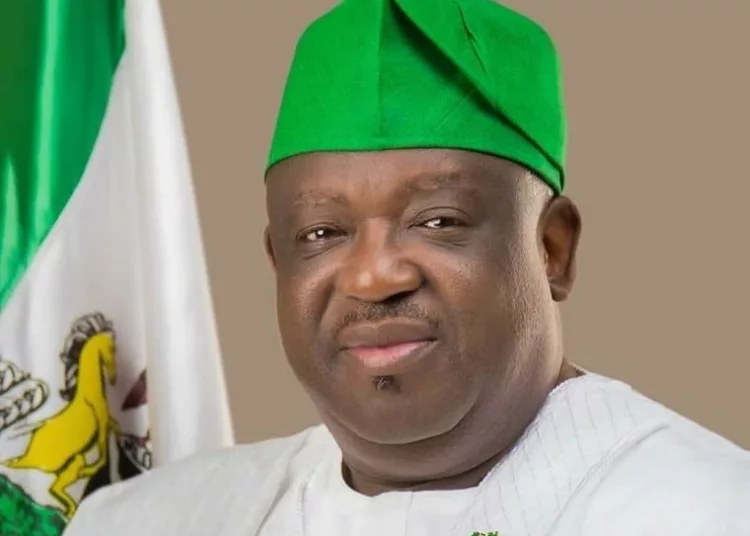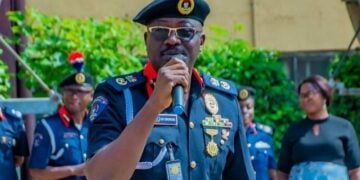A coalition of concerned Muslims in Plateau State has distanced itself from recent comments by the Muslim Rights Concern (MURIC) against the Plateau State Governor, Caleb Manasseh Mutfwang, reaffirming their support for his leadership and policies.
In a statement signed by its leader, Alhaji Mohammed Adamu, the group expressed shock at what it described as “spurious and inciting allegations” made by MURIC’s executive director, Prof. Ishaq Akintola, against Governor Mutfwang.
The coalition categorically rejected the claims, describing them as a desperate and misguided attempt to incite religious tension and misrepresent the realities on the ground in Plateau State.
“We wish to categorically and unequivocally dissociate ourselves from the said statement, which, in our considered view, is a desperate attempt to paint the peace-loving people of Plateau State in a bad light and to provoke unnecessary tension between Muslims and their neighbours. That dog will not hunt,” the statement read.
The coalition emphasised that the Muslim community in Plateau State has enjoyed greater inclusion, respect, and peaceful coexistence under the current administration. It noted that Governor Mutfwang has governed with fairness and extended the hand of fellowship to all residents, regardless of religious, ethnic, or political background.
“As Muslims who live, work, and raise our families on the Plateau, we can attest that under Governor Mutfwang, a fresh breeze of inclusion, respect, and peaceful coexistence has been blowing across the land,” the coalition stated.
“Our people have been given appointments based on merit, not religious identity. Government projects from roads to schools, water, and health centres have reached our doorsteps, and yearly pilgrimages to Mecca have been sponsored by the state government with impressive organisation and transparency.”
The group also highlighted the open and respectful relationship between the Muslim leadership in Plateau, particularly the Jama’atu Nasril Islam (JNI), and the state government. According to them, Muslim leaders have continued to enjoy unhindered access to the governor to discuss issues of mutual concern and proffer advice in the spirit of dialogue.
They questioned the basis upon which MURIC made its claims, noting that Professor Akintola does not reside in Plateau State and is therefore detached from the day-to-day realities of the people. “It is baffling that someone who neither lives here nor understands our reality would attempt to set fire to the house while pretending to be pouring water. A stranger cannot beat the drum better than the owner of the masquerade,” the group remarked.
Describing the MURIC director’s comments as “venom-laced and devoid of facts,” the coalition urged Nigerians to reject the attempt to paint a false picture of religious tension in Plateau State. “His comments are not only reckless and unfounded, but also an affront to our collective sensibilities as peace-loving citizens who have chosen the path of peaceful coexistence and brotherhood with our neighbours,” they said.
They called on Professor Akintola to desist from meddling in Plateau’s affairs and focus on using his platform to promote unity and understanding rather than fueling division. “Let him use his platform to build bridges, not walls; to mend fences, not fan the embers of hatred. Nigeria is already facing numerous challenges. It needs healing voices, not toxic tongues,” the statement advised.
The group further urged Muslims across the country to disregard the MURIC statement, which they described as “ill-informed, mischief-driven, and completely detached from the true situation on the ground.” They emphasised that the truth about Governor Mutfwang’s inclusive governance would eventually prevail, regardless of efforts to distort it.
The coalition reaffirmed their support, “We stand firmly with Governor Caleb Manasseh Mutfwang and his administration. He has been fair, just, and inclusive. As Muslims in Plateau, we are stakeholders in the peace and progress of our dear state, and we shall not allow anyone to sow discord in our midst.”
The statement comes when peace and stability in Plateau State remain a central concern, and stakeholders across various religious and ethnic communities continue to advocate unity and peaceful coexistence.





